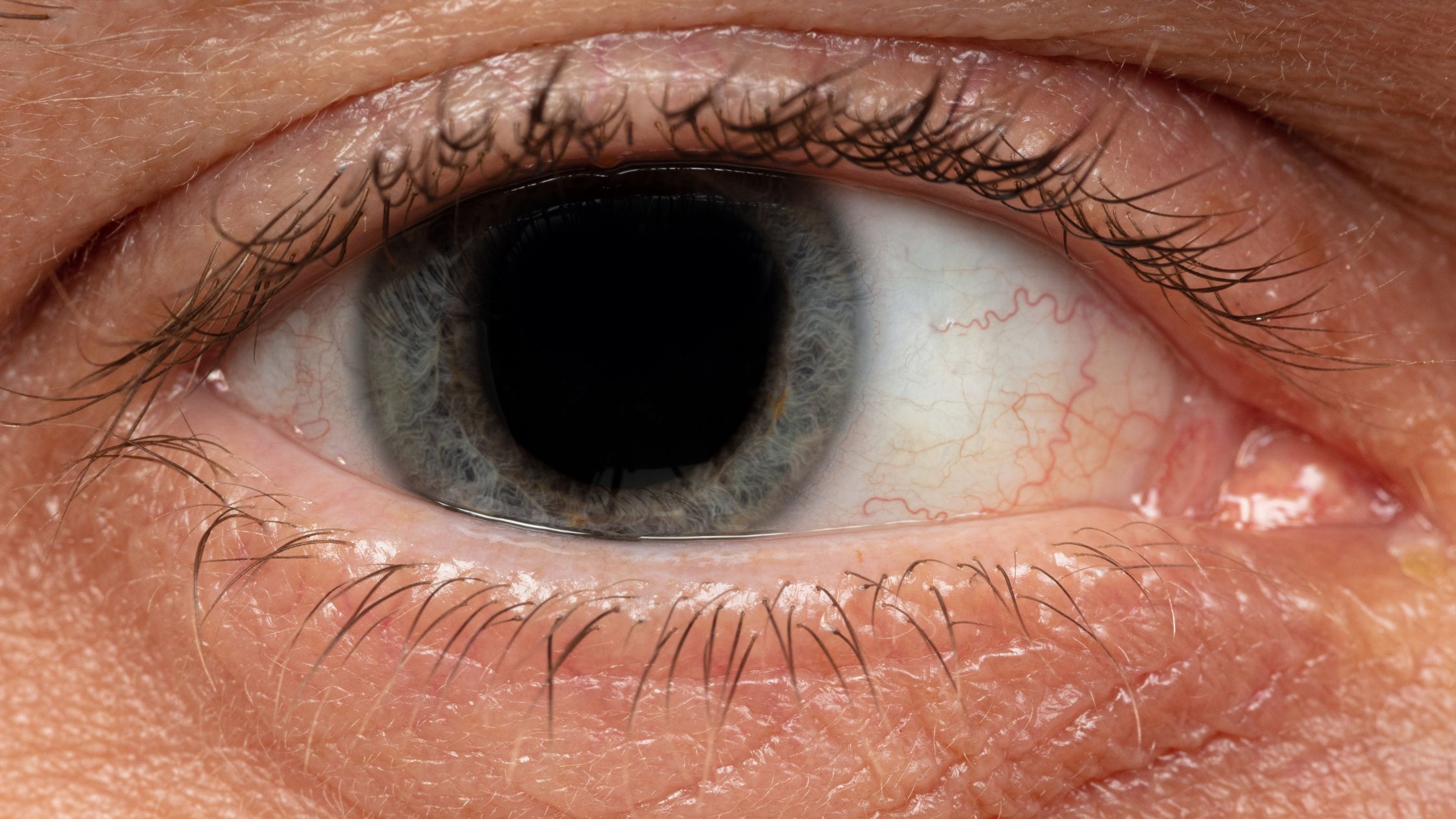When to Seek Emergency Medical Attention
Seeking emergency medical attention at the right time can be a matter of life and death, especially in critical situations. You might need immediate help for issues like severe injuries, chest pain, difficulty breathing, sudden severe headaches, or loss of consciousness. Knowing the signs and acting quickly can save lives.
What Are Emergency Medical Situations?
Emergency medical situations are those where immediate medical care is needed. Delays in treatment can cause serious harm or even be fatal. Here’s what you need to know about when to seek help.

Severe Injuries
If you or someone you are with suffers a serious injury, like a deep cut, broken bone, or a head injury, you should get medical help right away.
Chest Pain
Chest pain, especially if it’s severe and comes with other symptoms like shortness of breath, maybe a sign of something serious, such as a heart attack. Don’t wait. Seek help immediately.
Difficulty Breathing
If you find it very hard to breathe, it might be a sign of a serious problem with your lungs or airways. You need to see a doctor right away.
Sudden Severe Headaches
A sudden, very bad headache can be a sign of a serious condition. If it happens to you, don’t ignore it; get medical help.
Loss of Consciousness
If someone faints or loses consciousness, even for a short time, it’s a sign that something serious might be happening, and you should call for medical help.
How to Get Emergency Medical Help
Call Emergency Services
In many countries, you can call a specific emergency number (like 911 in the United States) to get help. When you call, stay calm and tell the operator what’s happening.
Go to the Emergency Room
If you can safely get to the hospital, go to the emergency room. This is where doctors and nurses are ready to handle serious medical problems.
Use an Emergency Medical Alert Device
If you have an emergency medical alert device, like a bracelet or necklace with a button to push for help, use it if you need to.
What Happens When You Seek Emergency Help?
Evaluation and Treatment
When you get to the hospital, doctors and nurses will quickly check you to see what’s wrong and start treating you.
Possible Tests
They might need to do some tests, like X-rays or blood tests, to find out more about what’s happening with you.
Stay or Go Home
Depending on what’s wrong, you might need to stay in the hospital, or you might be able to go home after treatment.
According to the Experts
According to Dr. Anita Iroko, a general practitioner, it’s better to seek help if you’re unsure whether something is an emergency. It’s always better to be safe and let medical professionals decide what care you need.
Teach Your Family and Friends
It’s good to talk to your family and friends about when to seek emergency medical attention. Make sure they know the signs and what to do. That way, everyone can help each other stay safe and healthy.






